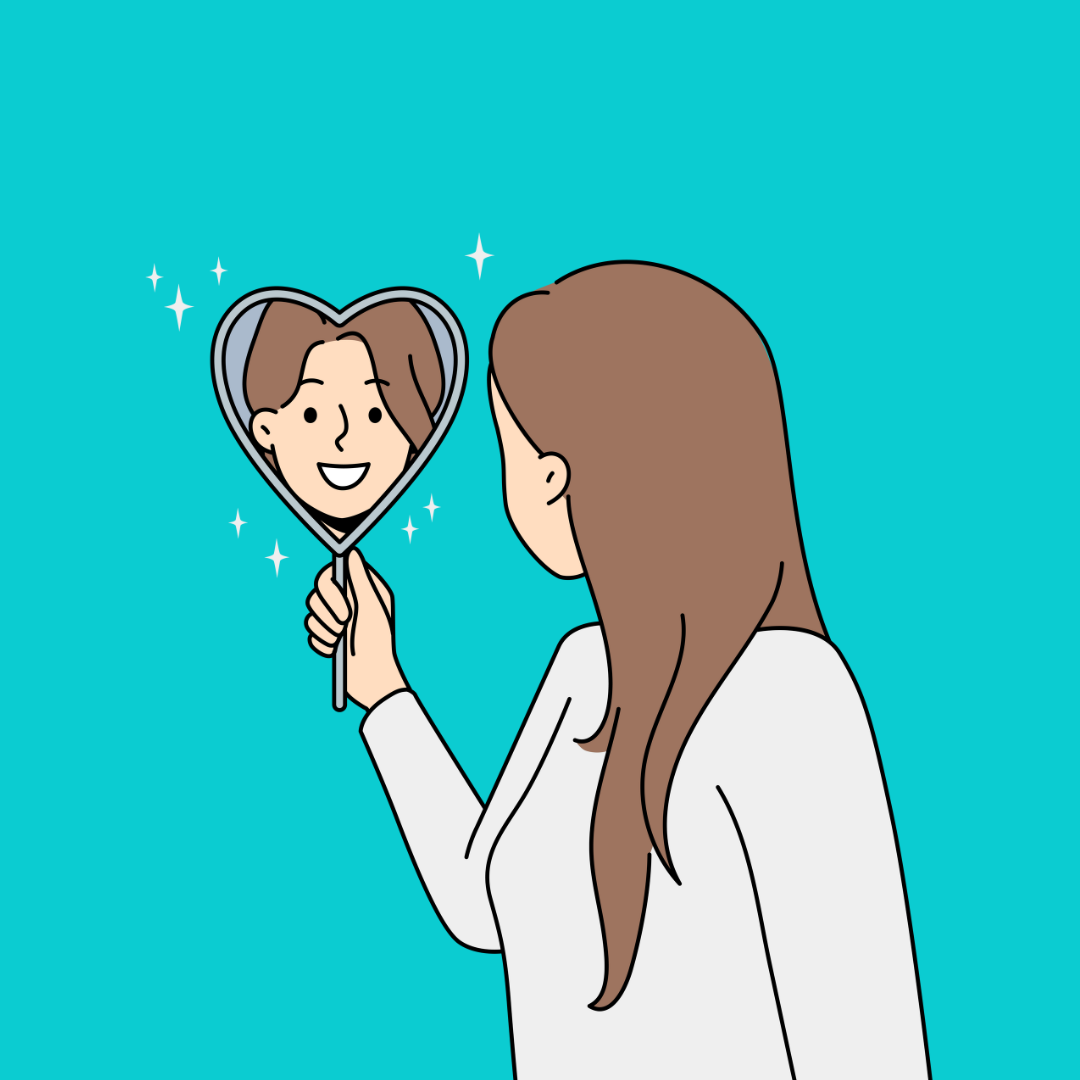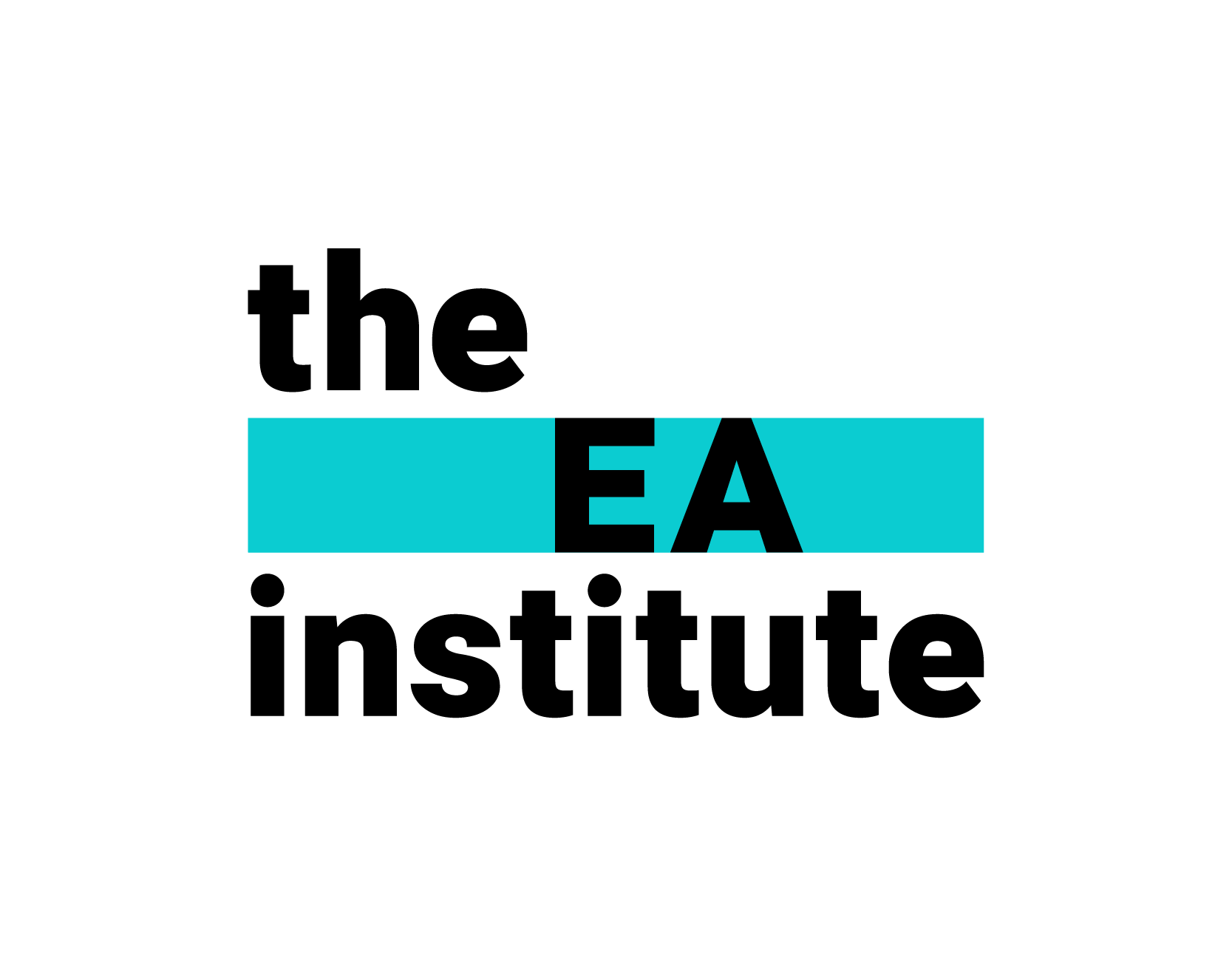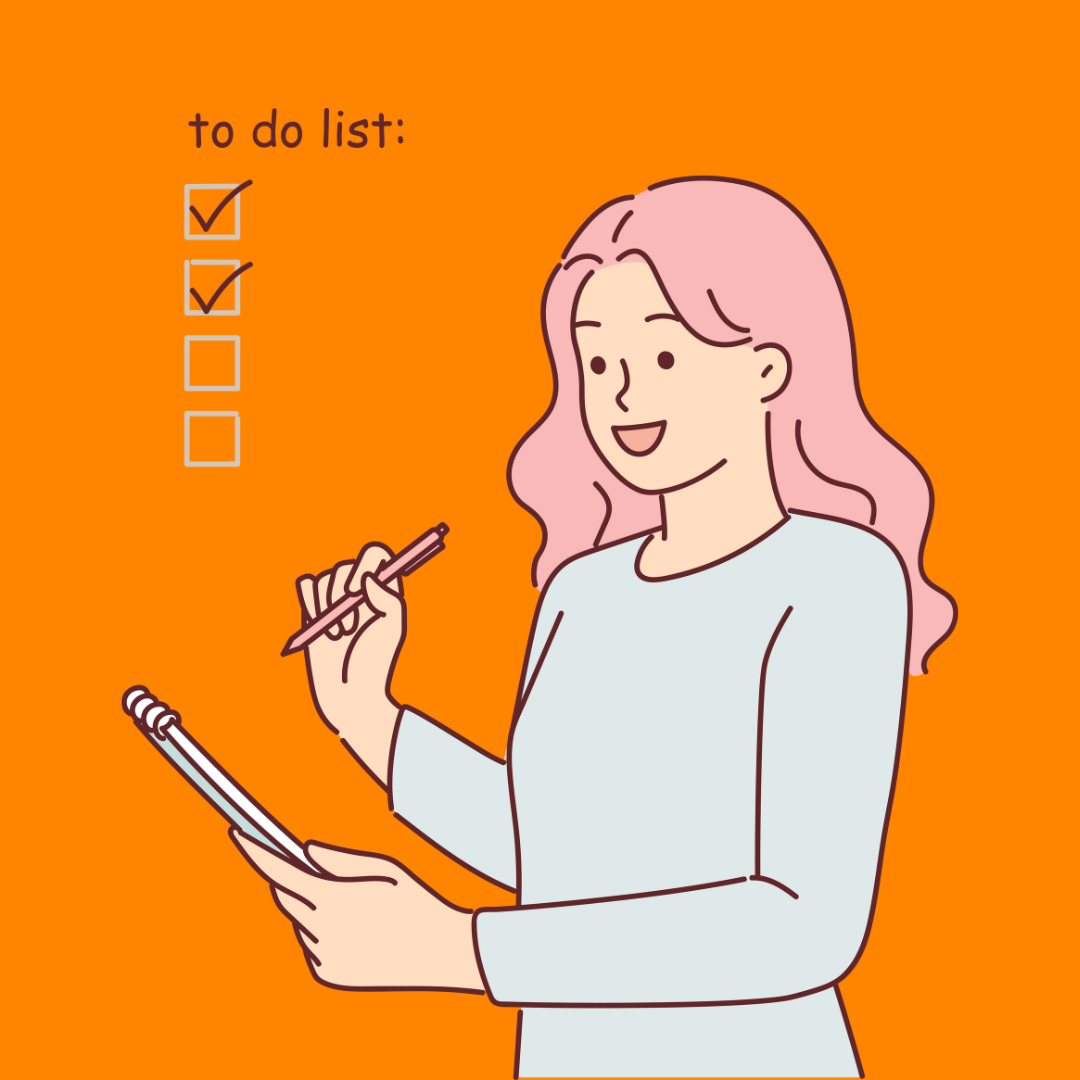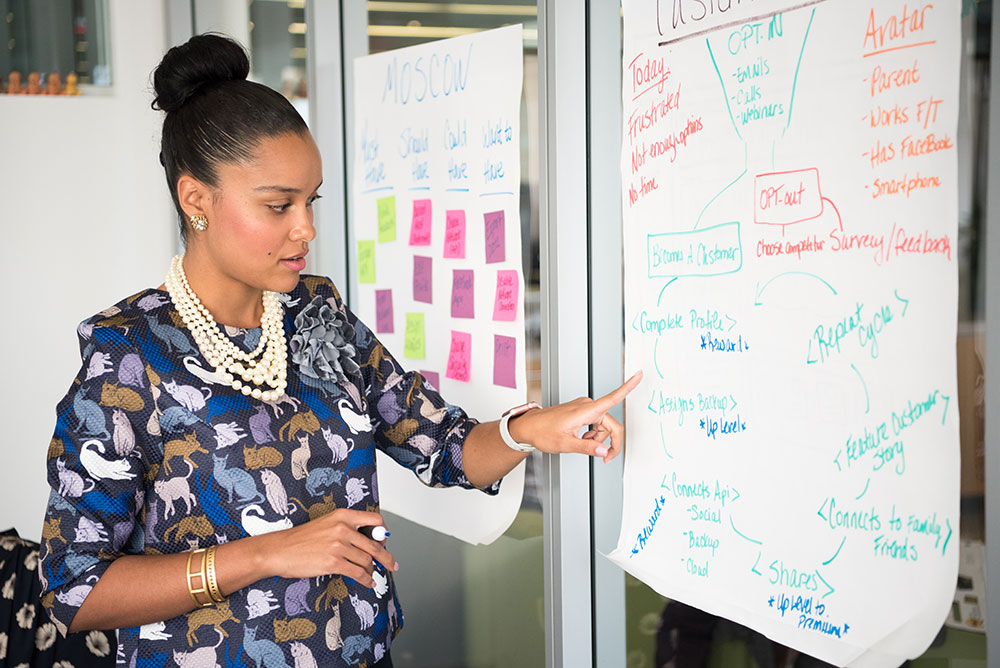How Helping Myself, Helped You..And In The End, Helped Me.
Help yourself by developing your skills to help others better, in turn, helping you progress and succeed.
This week, I am going to explore behaviours in the workplace, or more specifically your behaviour in the workplace and how you can communicate better with others, predict team and senior leader needs, and ultimately take the next step in your career.
When I was an EA in a law firm, we had a guest speaker come in to speak about ‘Building Resilience’. I didn’t really understand too much about resilience before he started, but in essence it denotes our toughness, our ability to bounce back from adversity.
We will delve further into resilience in another blog, but for now, I had one key takeaway from his session that I want to share:
To better develop resilience, we must also understand behaviour. There are various types of behaviour in the workplace and how people act towards you has nothing to do with you, and similarly, how you act towards others has everything to do with you.
Despite this idea being actually kind of obvious – it was akin to a lightbulb moment for me! I had a whole new way of looking at the people I interacted with – not necessarily from how they spoke to me, but rather how I interacted with them. E.g. did I prefer phone or email? And if someone phoned me when I preferred email, did that make me less likely to want to talk to them and find them annoying? Probably!
I became fascinated with analysing people and trying to figure out their behaviour types and how my behaviour type interacted with them. It was eerily satisfying how well I could predict people’s needs before they even had to communicate them to me, and how much it helped me be seen as a reliable and intellectual assistant.
For example, some types of people will like chit-chat at the start of a meeting. When you gauge this, you can adapt your approach and use this to your advantage as part of your persuasive skills. Ask them if they would like a coffee, and while making this talk about relative news. People will listen to you if you can engage them at their level and will likely tell others how enjoyable it is to work with you too.
On the flip side, other types of people may absolutely hate chit-chat and perceive it as a waste of precious time, so will want to get started straight away. Again, this can be an advantage as you can be prepared to jump straight in by having the presentation up and running, their coffee waiting in the room and your pen trembling in your hand, anxious to start writing!
You will be speaking their language. You will be the version of yourself that is exactly what they need. And remember, often senior members have influence in your career by simply suggesting you for an opening that may come up in the business, purely because they like working with you and have seen how competent you are. Hiring internally is often cheaper and better for staff morale, so always show how keen you are to progress by taking on any extra responsibilities within, or even outside, your role.
This insight into behaviours really did help me further develop both my confidence and emotional intelligence. If someone is having a bad day and is uncharacteristically short with me, I am patient and understanding with them and 9/10 times they apologise the next day for their behavior and we both move forward. It wasn’t personal, just the way their bahviour handles stress. No harm, no foul. It shows your colleagues a certain level of maturity and that they can trust you will not going to be stressed by minor things. Always stand up for yourself, but sometimes saying nothing and walking away is the best line of offense.
So here is this week’s challenge for you; find your behaviour type and start understanding how you can communicate effectively with others, and how others like to communicate to you. We have an upcoming 1-day workshop which does a full E-DISC behaviour unpack to really help you understand more about yourself then ever before, and it includes where one-on-one coaching with Amanda and a full day workshop to put into practice what you have learnt through simulation situations. E-DISC also captures both your conscious behaviour (how you want to be perceived by others) and your unconscious behaviour (what you do naturally and doesn’t require much energy). This is unique to other psychometric testing as its not simply reporting on your personality and provides greater insights into your ability to adapt to different situations.
If you don’t have time to attend, I also recommend 16 Personalities. Its’s free(!), only takes a few minutes and will provide you with top level insight into yourself and your personality. Check it out here: https://www.16personalities.com/
I’d love to know if anyone had any interesting results, or has learned something they didn’t know about themselves? Or any areas it highlighted that they could work on, that we at the Institute may be able to help with? Let me know via email at caitlin@theeainstitute.com.au
One last thing to note – you can adapt your conscious behaviour throughout your life, and it can be situational dependent as your priorities change. So answer everything honestly and openly to get the best results. There are no wrong answers!
Related Articles






